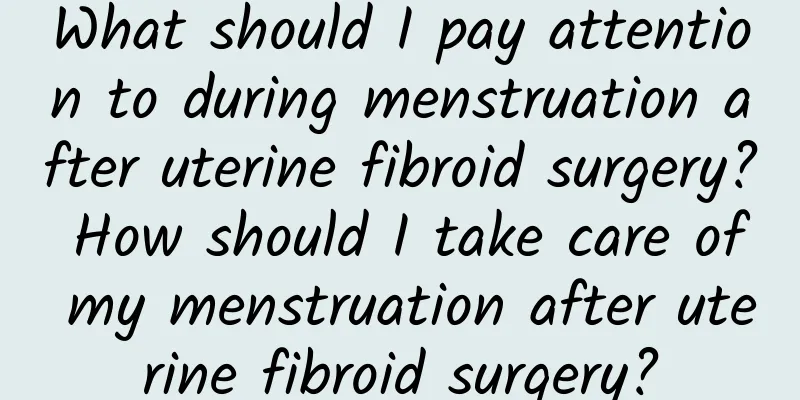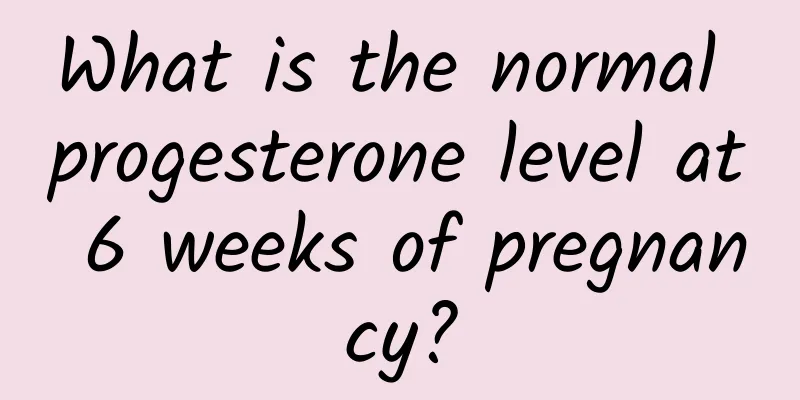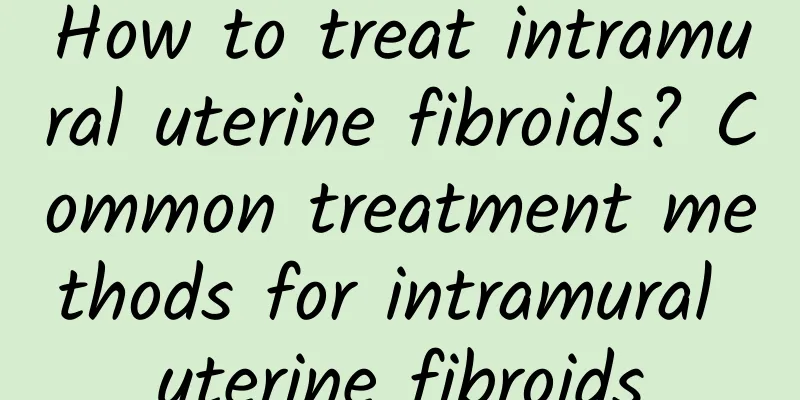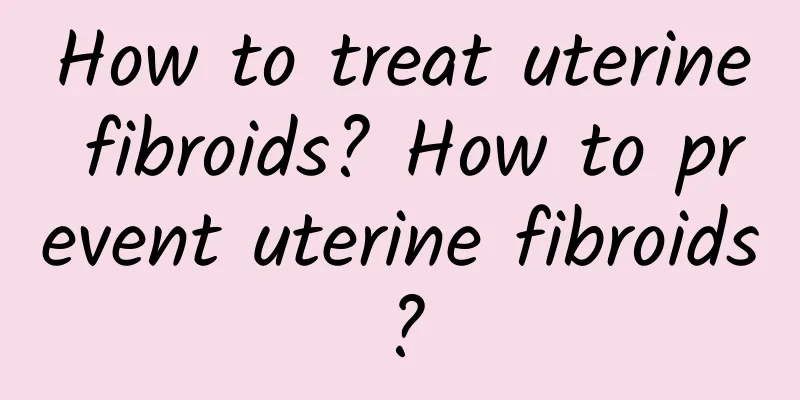Can a pelvic mass cause chest tightness?

|
Pelvic masses usually do not directly cause chest tightness, but may cause discomfort through indirect mechanisms. Chest tightness may be related to cardiovascular, respiratory or psychological factors and needs to be evaluated based on the specific situation. If the pelvic mass is large or accompanied by other symptoms, it is recommended to see a doctor as soon as possible. A pelvic mass is an abnormal mass in a woman's pelvis that can be caused by a variety of reasons, such as ovarian cysts, uterine fibroids, or pelvic inflammatory disease. These masses themselves do not directly affect the chest or heart function, but may indirectly cause chest tightness through the following mechanisms. A pelvic mass may compress nearby organs, such as the bladder or intestines, causing discomfort to spread to the abdomen and even the chest. Certain types of pelvic masses may be accompanied by changes in hormone levels, such as ovarian cysts, which may cause mood swings or anxiety, which in turn may lead to chest tightness. Pelvic inflammatory disease may cause an inflammatory response throughout the body, leading to physical discomfort, including chest pressure. Chest tightness is common in cardiovascular disease, respiratory disease or psychological problems. Cardiovascular diseases such as angina or myocardial infarction may manifest as chest pressure, accompanied by sweating, nausea and other symptoms. Respiratory diseases such as asthma or chronic obstructive pulmonary disease may cause difficulty breathing or chest tightness. Psychological factors such as anxiety or panic attacks may also cause chest tightness, accompanied by palpitations or shortness of breath. If chest tightness persists or worsens, it is recommended to see a doctor as soon as possible for an electrocardiogram, chest X-ray or blood test to rule out serious illness. Treatment for pelvic masses should be based on the specific cause. Ovarian cysts can be regulated with medications such as birth control pills or gonadotropin-releasing hormone agonists, and laparoscopic resection can be performed if necessary. Uterine fibroids can be treated with medications such as gonadotropin-releasing hormone agonists or mifepristone, or surgical treatments such as myomectomy or hysterectomy. Pelvic inflammatory disease requires antibiotic treatment, such as ceftriaxone or doxycycline, and surgical treatment if necessary. Treatment of chest tightness should be based on the specific cause. Cardiovascular disease can use nitroglycerin or beta-blockers, respiratory diseases can use bronchodilators or inhaled corticosteroids, and psychological problems can be relieved through cognitive behavioral therapy or anti-anxiety drugs. There is no direct correlation between pelvic mass and chest tightness, but it may cause discomfort through indirect mechanisms. If chest tightness occurs, it is necessary to evaluate the specific symptoms and seek medical attention as soon as possible if necessary. Treatment for pelvic mass and chest tightness needs to be based on the specific cause. Drug therapy and surgical treatment are common options. Psychological counseling and lifestyle adjustments can also help relieve symptoms. Maintaining a healthy lifestyle, regular physical examinations, and timely detection and treatment of potential problems can help maintain overall health. |
<<: Is there any relationship between hydatidiform mole and pregnancy?
>>: Can elevated prolactin cause ovulation bleeding?
Recommend
What are the basic symptoms of irregular menstruation
Many people do not care much about irregular mens...
A great way to boost your brain power! Don't miss these two nutrients
Why can’t children memorize English words and tex...
Experts tell you whether congenital absence of vagina can be cured
Experts tell you whether congenital absence of va...
What does artificial abortion include?
Artificial abortion refers to the termination of ...
Prevention of uterine fibroids should start from daily life
Women are prone to gynecological diseases when th...
Common nursing methods for patients with cervical warts
People should pay attention to the occurrence of ...
What medicine can I use to treat premature menopause caused by uterine fibroids? Is premature menopause caused by uterine fibroids good?
Uterine fibroids are one of the most common benig...
How to deal with habitual miscarriage?
For patients with habitual miscarriage, if they w...
How to take care of your body after miscarriage?
After a miscarriage, women are weak and can eat s...
Learn some common self-help methods for adnexitis
Many patients with adnexitis should be able to re...
Getting fatter the more you lose weight? Eat the right food to control hormones and avoid worries
Have you tried many weight loss methods but still...
We need to promptly detect the symptoms of early clinical adnexitis
Although adnexitis is a common disease in life, t...
How to cure female cervical erosion? Introduction of three methods to cure cervical erosion
Cervical erosion is a common gynecological diseas...
What are the symptoms of pelvic inflammatory disease?
The disease with pain in the lower abdomen or low...
Pay attention to several key points after ectopic pregnancy surgery
Once an ectopic pregnancy occurs during pregnancy...









